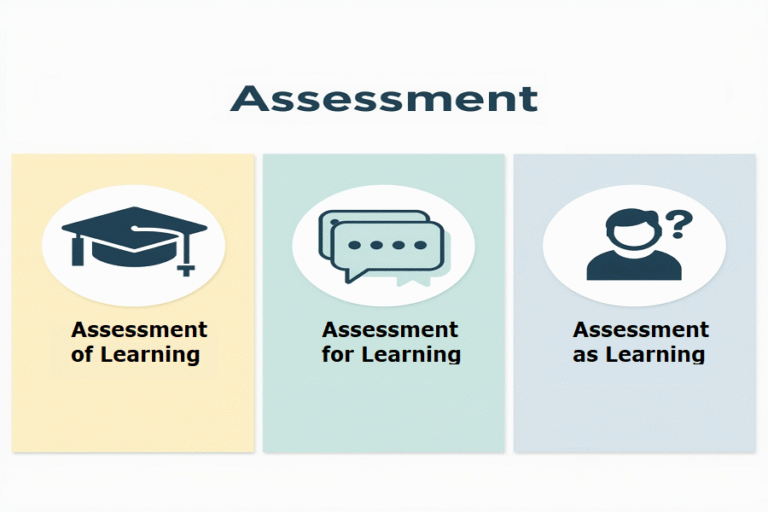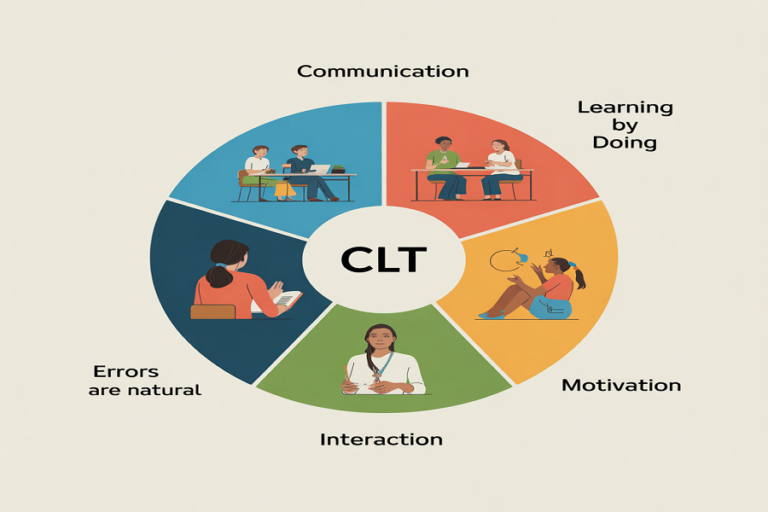
Are you a Business English teacher looking for the best certification options for your students? Or perhaps you’re a professional aiming to validate your language skills for career advancement? Choosing the right Business English exam can be a game-changer, enhancing employability, meeting visa requirements, or securing university admissions.
This comprehensive article explores the top 10 Business English certifications, detailing their formats, levels, and ideal candidates.
Whether you’re preparing corporate learners, university-bound students, or professionals seeking global opportunities, this article will help you select the best exam for your needs.
Why Business English Certifications Matter
Business English certifications are essential for:
- Career advancement– Many multinational companies require proof of English proficiency.
- University admissions– Exams like IELTS and TOEFL are gateways to higher education.
- Visa applications– Governments often require language test scores for work or residency visas.
- Skill validation– Structured exams assess speaking, writing, listening, and reading in real-world business contexts.
Now, let’s dive into the best Business English exams recognised worldwide.
1. Business English Certificates (BEC) – Cambridge English
Best for: Professionals needing a CEFR-aligned Business English qualification.
- Levels:
- BEC Preliminary (B1) – Intermediate
- BEC Vantage (B2) – Upper-Intermediate
- BEC Higher (C1) – Advanced
- Skills Tested: Speaking, Reading, Writing, Listening
- Recognition: Widely accepted by employers globally.
Website: www.cambridgeenglish.org/exams/business-certificates
Why Choose BEC?
BEC is ideal for students who need a business-specific certification aligned with the Common European Framework of Reference (CEFR).
2. Linguaskill (by Cambridge)
Best for:
Tech/finance professionals needing fast results.
Key Details
- Format: Computer-adaptive (2 hours)
- Scoring: Aligns with CEFR (A1–C1)
- Recognition: Growing in corporate hiring (especially Spain/Italy)
- Cost: $100–$200
- Difficulty: Adjusts to your level
Ideal For:
- Job applicants needing a quick turnaround (results in 48 hours)
- Those comfortable with computer-based tests
3. LCCI English for Business (Pearson)
Best for:
Professionals in finance, tourism, and commerce.
- Levels: Four levels (A1 to C2)
- Skills Tested: Reading & Writing (compulsory), Speaking & Listening (optional)
PDF Guide: LCCI International Qualifications
Why Choose LCCI?
A specialised exam for industries like accounting and international trade.
4, LCCI Spoken English for Industry & Commerce (SEFIC)
Best for: Professionals needing a speaking-only certification.
- Format: One-to-one interview
- Levels: Five (Beginner to Advanced)
PDF Guide: LCCI International Qualifications
Why Choose SEFIC?
Focused on real-world speaking skills for business communication.
5. TOEIC (Test of English for International Communication)
Best for:
Corporate training and workplace English assessment.
- Skills Tested: Listening & Reading (core), Speaking & Writing (optional)
- Scoring: 10-990 points
Why Choose TOEIC?
Used by Fortune 500 companies to assess employee English proficiency.
6. IELTS (International English Language Testing System)
Best for:
Students applying for visas, universities, or jobs abroad.
- Skills Tested: Reading, Writing, Listening, Speaking
- Versions: Academic (for study) & General Training (for work/migration)
Why Choose IELTS?
The most widely accepted English test for migration and higher education.
7. Spoken English for Work (SEW) – Trinity College
Best for:
Professionals needing a speaking certification for work.
- Format: Interview with role-plays (presentation, discussion, phone call)
- Levels: B1 to C1
PDF Guide: Guide for Teachers (B1)
Why Choose SEW?
A practical speaking test for workplace communication.
8. Cambridge General English Exams (FCE, CAE, CPE)
Best for: Students who need a general English certification accepted by businesses.
Why Choose Cambridge Exams?
Globally recognised, even by employers outside Business English.
9. TOEFL (Test of English as a Foreign Language)
Best for:
University admissions and visa applications (especially the U.S.).
- Format: Internet-based (iBT) or Paper-based
- Skills Tested: Reading, Listening, Speaking, Writing
Why Choose TOEFL?
Preferred by American universities and corporations.
10. Pearson Test of English (PTE Academic)
Best for:
Students applying to business schools.
- Format: Computer-based
- Scoring: Aligned with CEFR (A1 to C2)
Website: Pearson Test of English (PTE)
Why Choose PTE?
Fast results (within 48 hours) and accepted by top business universities.
Which Business English Exam Should You Choose?
|
Goal |
Best Exam |
|
Corporate English training |
TOEIC, Linguaskill |
|
Business-specific certification |
BEC, LCCI |
|
University admissions |
IELTS, TOEFL, PTE Academic |
|
Visa applications |
IELTS, TOEFL |
| Speaking-focused assessment |
SEFIC, SEW |
Each exam serves a unique purpose, so align your choice with your students’ career or academic goals.
Next Steps for Business English Teachers
✔ Research exam formats – Ensure your teaching materials match test requirements.
✔ Offer mock tests – Familiarise students with exam conditions.
✔ Stay updated – Exam patterns occasionally change; check official websites.
By guiding your students toward the right certification, you’ll boost their career prospects and enhance your reputation as a Business English instructor.
Which exam do you recommend most? Share your thoughts in the comments!






